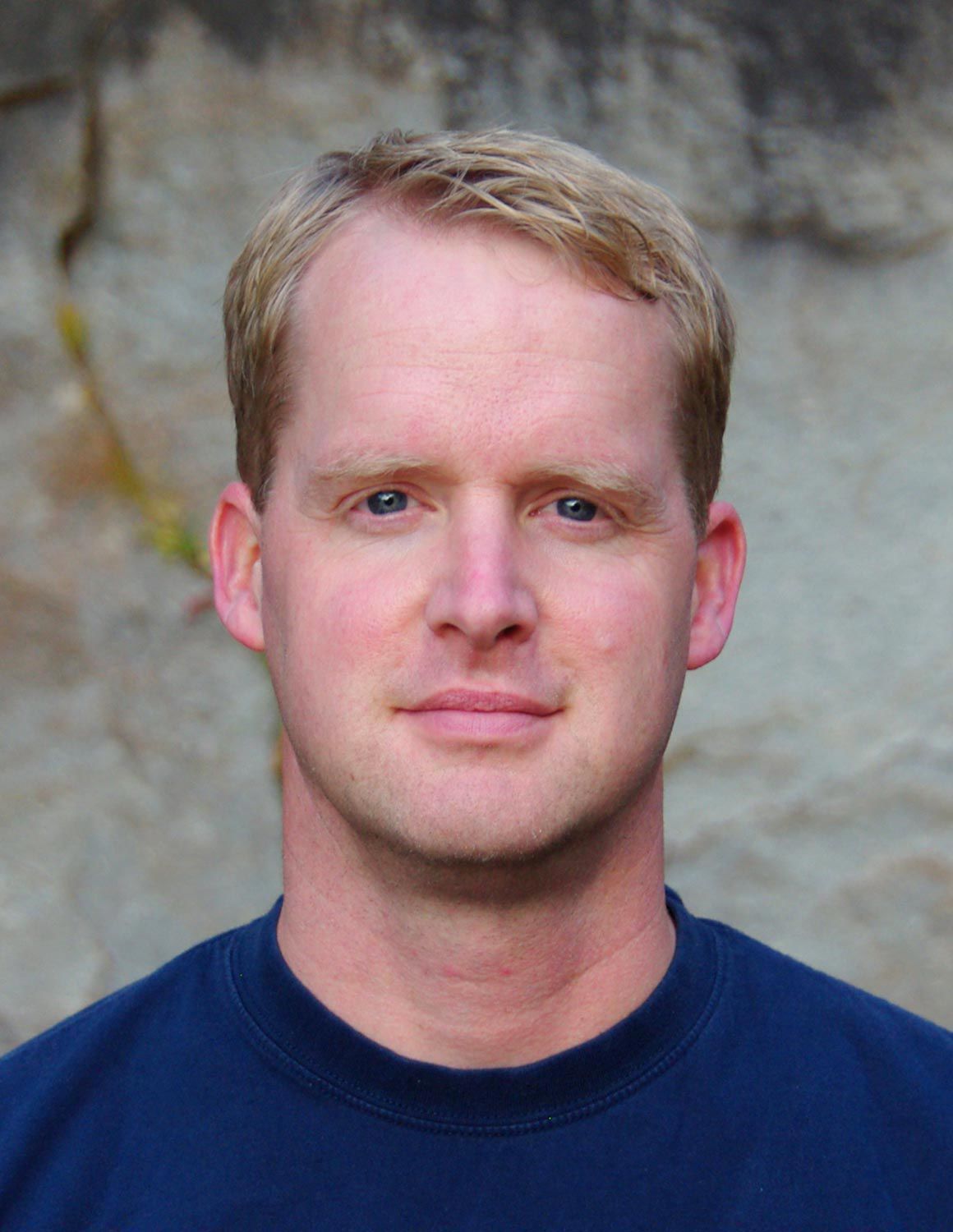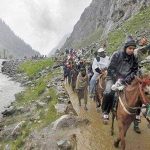Why I travel

I just returned recently from two weeks in Thailand and Cambodia with one of my daughters. On the way home, a young man sitting by me on the airplane mentioned that he had not traveled much by plane in his life. He asked if I was more experienced, and I mentioned some of the traveling (and living) I have one overseas. He asked me a question that still has me thinking: “Why do you travel so much?” So today in my column I will answer his question.
Gustave Flaubert, a 19th Century French novelist, traveled to Egypt and said, “Travel makes one modest. You see what a tiny place you occupy in the world.” This is one of the most profound lessons in traveling the world — you realize that “your” world is not “the” world. That sounds like a small or trite realization, but it can be both exhilarating and paradigm-threatening.
The first time I felt the profoundness of my “tiny place in the world” was when I was living with the Himba tribe in Namibia, Africa. Living with them, I realized that many of the things I spent energy on and cared about were truly worthless — at least in their culture. At the time, I cared most about books and learning, and much less about people. I realized that most of my book-knowledge was meaningless to the everyday life of a Himba. This was deeply unsettling but led to a major overhaul of my worldview.
What I learned from living with the Himba was this: People and relationships matter more than anything else. They had none of the education (they have no written language), material possessions, or material comforts to which I was accustomed. But they had each other. And the care and love they had for each other was remarkable and profound. Their moral sense was so far developed beyond my own. I learned from the Himba that family and people matter before everything else.
Another reason I travel is to experience the generosity and goodness of others. When you travel to a country in which you do not speak the language or understand the proper cultural definitions of good manners, you must rely on the people around you.
My family and I spent a month in Japan in 2015, and I was often asked whether I spoke Japanese. To which I answered (and still answer), “Not at all.” I did try, but only picked up numbers and a few phrases. So, you might ask, how did I travel around Japan for a month? I relied on the generosity, patience, and thoughtfulness of Japanese people.
Because my Japanese was pretty much zero, I had to rely on their willingness to struggle with their limited English to get many things done or to find my way around. But they were so kind to offer what they had to me.
The Japanese people we interacted with were generous, polite and hospitable to us. We had little to offer them, but they were willing to look out for us. Sometimes in our country we have movements demanding that English be the only language spoken or the only language in which we have government documents. I never feel this way, because I have been on the other side of the language barrier and always been shown patience and kindness from others.
Another major theme of what I experience when I travel is the religious and spiritual devotion of others. I lived in the Middle East, where most of my friends were Muslim. I have lived in India, where most of my friends were Hindu. In Thailand these past few weeks, nearly all people are Buddhist. While we don’t share the same religious dogmas or practices, I have always had a great deal to learn from others from their devotion and religious worship.
In our current political and cultural climate, Muslims are often viewed with suspicion and disdain. But I had the chance to live in the Middle East and raise my young daughters there. I learned a great deal from my devout Muslim friends. The most profound lesson I learned from my Muslim friends had to do with charity. As Americans, we often talk of love and charity as a feeling in our hearts, but my Muslim friends believed it was about how you acted. Their willingness to act charitably was a great example to me and my family.
To give one example, I had a class at the American University in Cairo (where I taught for three years) called Personal Growth and Development. In that class I had my students do a project trying to change something about their personal lives. I had another project where we as a class chose some humanitarian project in the community that we worked on together. One semester it was helping to support a hospital and village for people with leprosy. Another semester it was supporting a poorly funded hospital in building and outfitting a room for ill, premature babies.
Those classes usually had between 30-40 students, and they would raise money for these projects, averaging close to US $10,000 per semester! They often did other, related side-projects, too. In the hospital project I mentioned above, my students also decided to feed the whole hospital. I told them, “You’re crazy — you can’t feed all the patients in the whole hospital!” But they did, and not just bread and beans, but a real feast, probably for many of the patients in the hospital the best meal they had in their lives. They lived their belief in charity and changed my life in the process.
Traveling humbles you and makes you realize how much good there is in the world. So, go see it, even if you just start by visiting someplace in Idaho that you have never been. Adventures await you: Get on with it!
[Source:-idahostatejournal]




